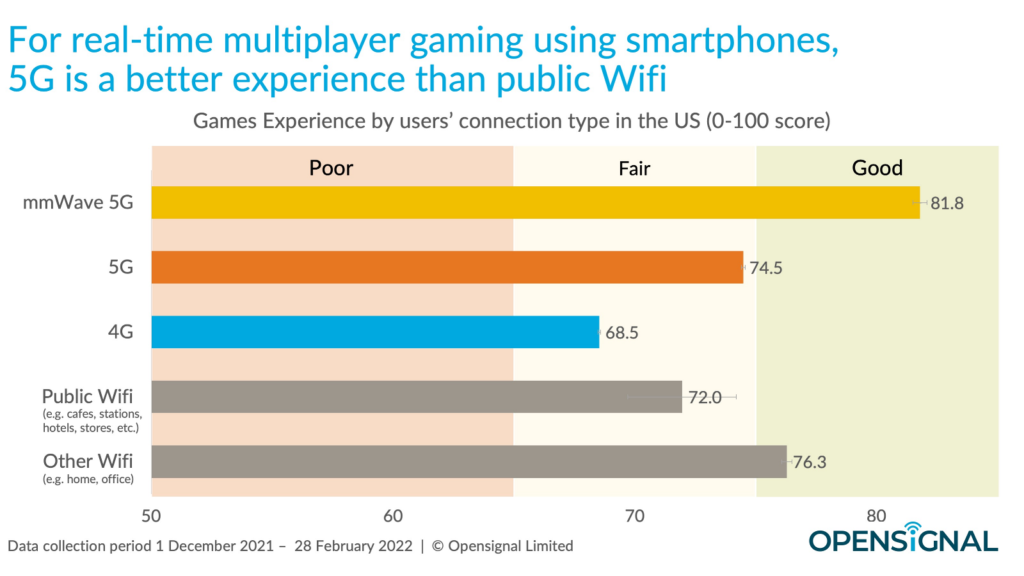During the recent surge in demand for AI technology, Nvidia has been the dominant player in providing the necessary hardware components for training models. However, a shift in strategy by many top AI developers is creating an opportunity for competitors to challenge Nvidia’s market stronghold.
Jensen Huang, the CEO of Nvidia, made a strategic decision to focus on hardware for AI, which has proven to be incredibly successful. In just ten years, he transformed a $10 billion business selling graphics cards to gamers into a $3 trillion powerhouse that is highly sought after by the world’s leading tech executives.
Since the revelation in 2012 that Nvidia’s GPUs could accelerate AI training, the company has consistently led the market in AI-specific hardware. But now, competitors like AMD, Intel, and various well-funded chip startups are starting to pose a threat. The shift in focus by major AI developers from training large models to increasing the number of queries for improved performance is an area where these competitors can gain traction.
Thomas Hayes, chairman of Great Hill Capital, believes that as AI transitions from training models to inference, more chip companies will have an advantage over Nvidia. This change is driven by the challenges of obtaining Nvidia’s powerful chips and the desire of AI industry leaders to reduce dependence on a single supplier.
Rivalry in the AI hardware market is intensifying. AMD recently introduced its MI300 chips, which offer comparable performance in training to Nvidia’s chips but deliver a 1.4x improvement in inference. Industry giants like Meta, OpenAI, and Microsoft have already committed to using these chips for inference tasks.
Intel is also investing heavily in specialized AI hardware with its Gaudi chips, although the results have not met expectations. Moreover, major AI industry players are developing their own custom AI hardware to reduce reliance on Nvidia.
Google leads the pack in this regard, having developed the tensor processing unit (TPU) back in 2015. Amazon, Apple, and a host of startups are also making significant strides in developing AI semiconductor technology to challenge Nvidia’s dominance.
While Nvidia’s software superiority poses a challenge for competitors, efforts are underway to create open-source alternatives to Nvidia’s CUDA software. Despite these challenges, Nvidia’s grip on the AI hardware market appears to be loosening, providing AI companies with more options and diversity in building their infrastructure in the coming years.
Image Credit: visuals on Unsplash



